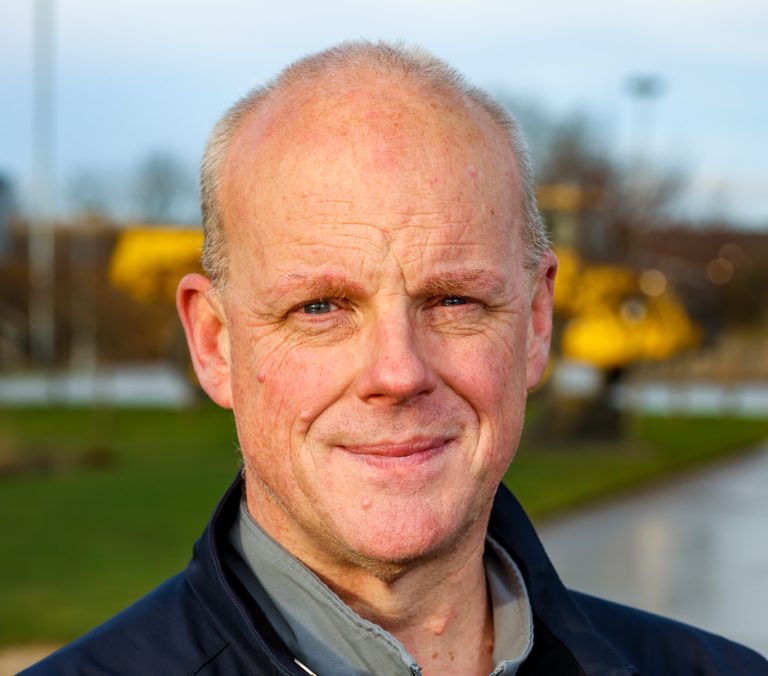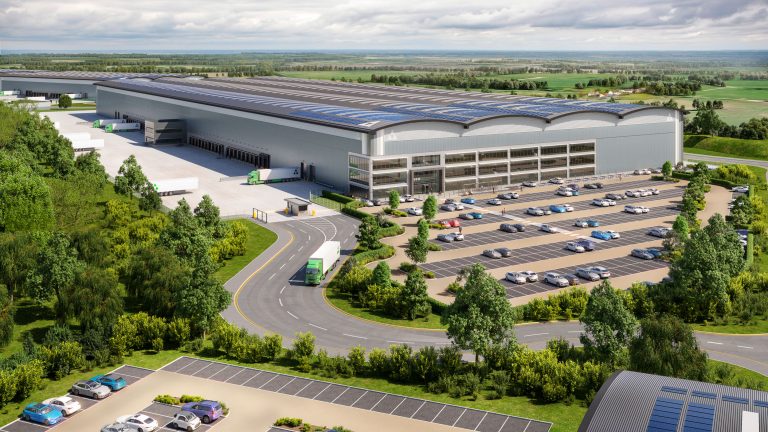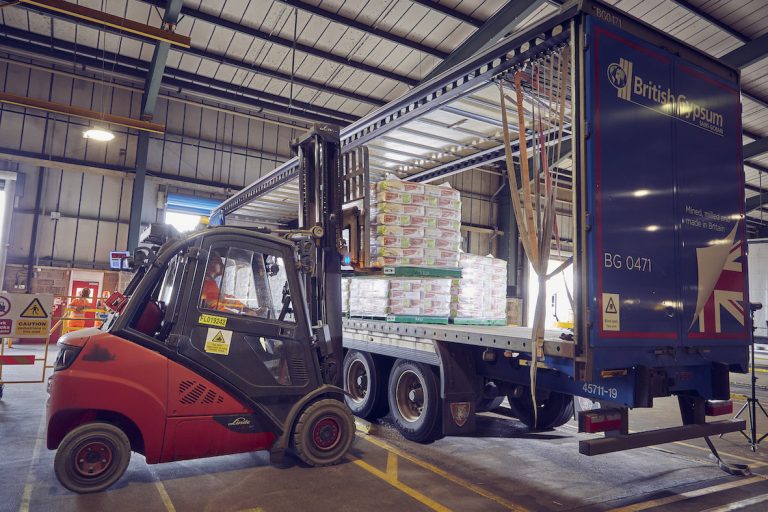INDUSTRIES and businesses which fail to embrace the safe deployment of Robotics and Artificial Intelligence to improve their operations may face a similar fate as those who shunned other major technological opportunities such as the Industrial Revolution or the internet. That was the view shared at a major industry conference – “Harnessing Robotics and Artificial Intelligence in Challenging Environments” – which attracted almost 300 delegates and exhibitors to the event at Energus, Workington, Cumbria on Tuesday (May 21). Attendees heard how embracing robotics and AI can help meet the two global challenges of climate change and energy security. Delegates heard RAICo, a collaboration between UK Atomic Energy Authority (UKAEA), Nuclear Decommissioning Authority (NDA), Sellafield Ltd and the University of Manchester, plays a vital role, aiding collaboration and bringing the greatest minds together – including end-users, problem-holders and researchers – to find solutions to shared nuclear decommissioning and fusion engineering challenges. The deployment of robotics and AI was described as being key to accelerating nuclear decommissioning and fusion engineering in a way which delivers missions safer, faster and more cost effectively. Keynote speakers from the nuclear sector, including Professor Sir Ian Chapman, CEO of the UKAEA; Mr David Peattie, CEO of the NDA; Mr Roddy Miller, Nuclear Operations Director at Sellafield Ltd, and Francis Livens, Professor of Radiochemistry at The University of Manchester, shared with delegates their visions for the safe deployment of the latest technologies. David Peattie said: “I’m passionate about creating opportunities for collaboration across the NDA group, the wider sector, academia and the supply chain and particularly inspiring young people to engage in the work we are doing and develop innovative solutions. “We are proud to be part of RAICo and committed to exploring how we can utilise technology and innovation to create a safer working environment for our employees, deliver more effectively and efficiently, to leave a more sustainable legacy for generations to come.” Roddy Miller said: “Harnessing the power of robotics and AI is not just about technological advancement; it’s about creating a sustainable and safer environment for future generations. This event highlighted the incredible potential of these technologies and the important role Cumbria plays in this transformative journey.” During a panel session hosted by Professor Rob Buckingham, Executive Director of the UKAEA, in which keynote speakers were asked their views on risk, Ian Chapman highlighted that, while safety of operations was paramount, it was also important to consider the risk of industry and businesses failing to adopt technologies which help them achieve some tasks safer, faster and more cost effectively. He said: “I also consider aggregate risk in conversations like this. The biggest risk for the nuclear sector is that it will cease to exist. Just go back to the Industrial Revolution, or the internet, those (businesses) who decided not to engage, those companies do not exist.” Engaging with supply chain companies was also highlighted as vital for industries to fully embrace robotics and AI. The Industrial Solutions Hub (iSH) announced the launch of the Cumbria Robotics Cluster at the event. This cluster brings together organisations with a shared vision to elevate Cumbria as a globally recognised centre of excellence in the field of robotics engineering. RAICo is a founding member of the cluster which is set to play a crucial role in developing advanced robotics technologies and skills that address industrial challenges, particularly in the nuclear industry and other challenging environments. Dr Kirsty Hewitson, Director of RAICo, said: “This cluster represents a significant opportunity for synergy and innovation amongst Cumbria’s robotics experts and industries. Through this collaborative effort, we are set to map out and expand the capabilities of robotics in the region, driving forward our joint goals of technological advancement and capacity building.” Kirsty added: “The supply chain is absolutely crucial to RAICo’s success and that broader success across both Sellafield, the wider NDA estate but also the UK Atomic Energy Authority. “They (the supply chain) absolutely possess those unique skill sets, technologies that they have developed over many years which we should be tapping into and harnessing and working collaboratively with them. “It was great to see a number of those large and small companies come to the event and join in the discussions taking place across the room.” Organised by FIS360 on behalf of RAICo and its partners, the event also highlighted the social impact of robotics and AI in Cumbria and beyond. Adopting robotics and AI provides opportunities to upskill workforces, create new higher skilled jobs, and offer exciting careers for young people and graduates. Eleven students aged 16 to 18 from West Lakes Academy and the Energy Coast University Technical College (UTC) who took part in a four-week sprint programme set by RAICo and iSH, to develop a small robot that could move a mock nuclear barrel around a track, shared their learnings and experiences at the event. Mr Richard Christensen, Senior Mechanical Design Engineer at RAICo, said: “What has been achieved by these talented students in such a short time is incredibly impressive, and watching them speak so confidently (at the event) about their findings was fantastic. “At RAICo, we want to champion the next generation of innovators within the robotics and AI industry, providing students and young professionals with opportunities to help them get a foot in the door for a rewarding career.” Building, Design & Construction Magazine | The Choice of Industry Professionals











